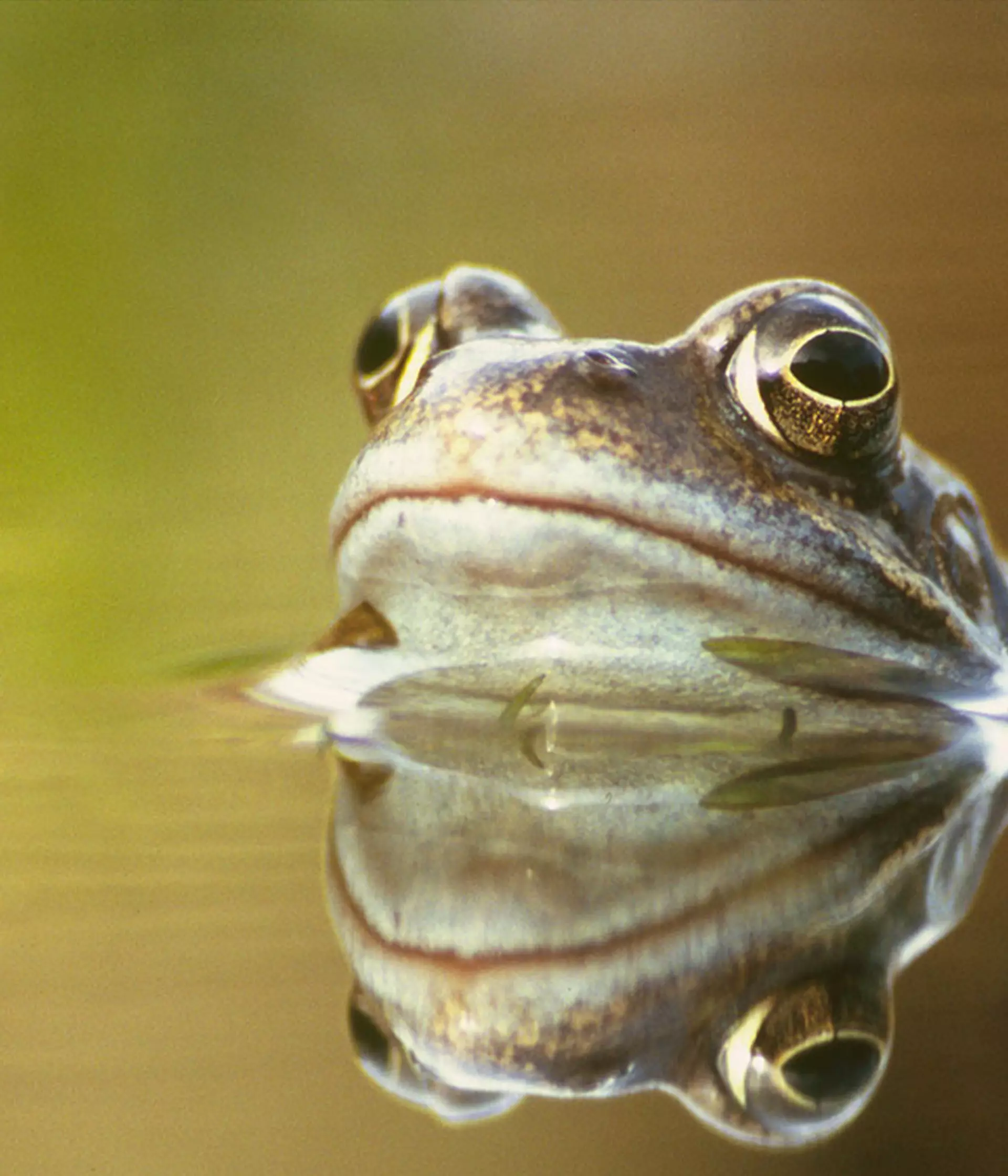The state of the natural world
Human activity is pushing our precious planet to its limit, threatening the critical systems that support habitats, ways of life and our future.
Using data compiled in the Living Planet Index (LPI) by researchers at our Institute of Zoology, we contribute to WWF's Living Planet Report (LPR), published every other year.
The LPR is a leading science-based publication on the state of the natural world, looking at current challenges and practical solutions.
The Living Planet Index
WWF’s LPR is produced in collaboration with ZSL and a number of other organisations, measuring human pressures and impacts on the state of the natural world.
The Living Planet Report analysis
In 2022, the world celebrated the passage of the new Global Biodiversity Framework (GBF) at COP15, a landmark agreement to halt and reverse biodiversity loss by 2030.
Two years on, and global leaders are due to meet again at COP16 in Colombia. They will need to present their national strategies and action plans showing how we will meet these commitments. These national strategies are vital for moving from ambitious promises to reality – and we must see a scaling up of action, a focus on solutions that work for nature, people, and climate, and intent to meet commitments to double international nature finance by next year.
The declines showcased in the LPR show the reality on the ground, and that we urgently need to scale up action to meet global biodiversity targets at all scales. There is no time for delay.
